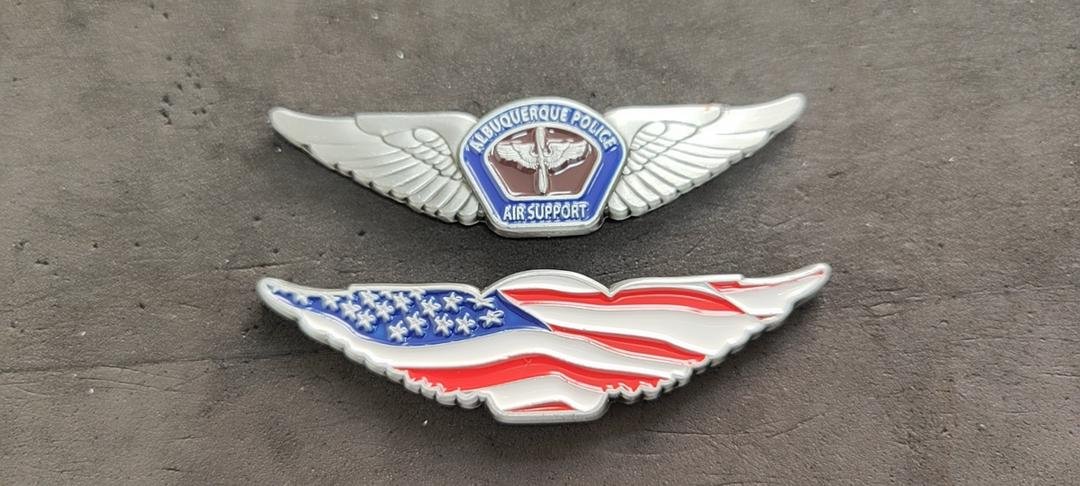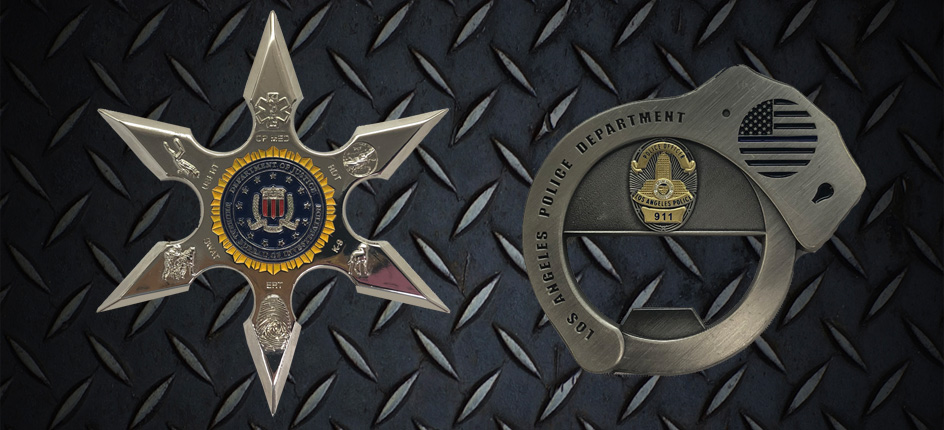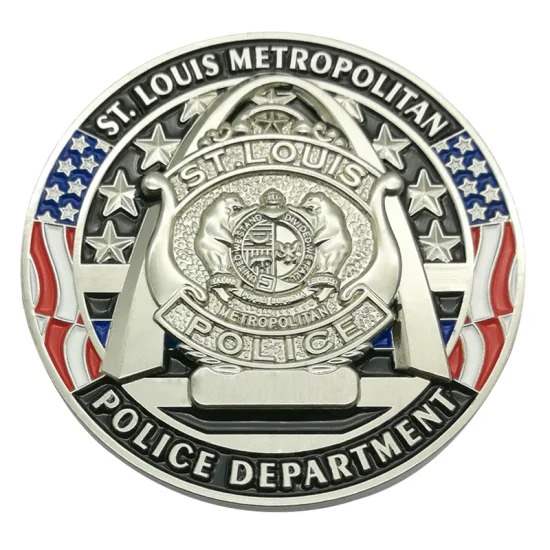Introduction to SWAT Teams
Special Weapons and Tactics (SWAT) teams represent a crucial element in modern law enforcement. Known for their specialized training and high-risk operation capabilities, SWAT teams are often deployed in situations beyond the capacity of regular police forces. This article provides an in-depth look at the role of SWAT teams, their operational dynamics, and how they differ at local, state, and national levels, including agencies like the ATF, FBI, and DEA.
What is a SWAT Team?

Defining the Role of SWAT
SWAT teams are elite tactical units in law enforcement that handle high-risk operations that regular officers are not equipped to address. These include hostage situations, counterterrorism operations, and high-risk arrests. The primary focus of a SWAT team is to save lives, neutralize threats, and restore safety with minimal casualties.
Specialized Training and Equipment
SWAT officers undergo rigorous training in advanced weaponry, tactics, negotiation, and crisis management. Their equipment typically includes specialized firearms, body armor, and tactical gear, enabling them to operate effectively in various high-stakes scenarios.
The Operations of SWAT Teams
High-Risk Response and Crisis Management
SWAT teams are deployed in situations that require a level of response that exceeds standard police measures. Their tactical training allows them to handle intense scenarios like armed standoffs, terrorist threats, and complex rescue operations.
Tactical Precision and Teamwork
Precision and teamwork are the hallmarks of SWAT operations. Each member plays a specific role, from snipers and negotiators to entry specialists, working cohesively to achieve the mission’s objectives with precision and efficiency.
Local vs. State vs. National SWAT Teams
Local SWAT Teams
Local SWAT teams, often part of a city or county police department, respond to immediate threats within their jurisdiction. They are crucial in handling local high-risk incidents, serving high-risk warrants, and providing support during large-scale public events.
State and National Level SWAT
At the state and national level, agencies like the ATF, FBI, and DEA have their SWAT teams. These units often deal with more complex and far-reaching threats, including drug trafficking, organized crime, and terrorism. Their jurisdiction is broader, and they often work in conjunction with local law enforcement agencies.
Differences in Scope and Resources
The primary difference between local, state, and national SWAT teams lies in their scope of operation and available resources. While local teams focus on community-level incidents, state and national teams have broader mandates and access to more extensive resources and intelligence networks.
The Significance of Challenge Coins in SWAT Teams
A Symbol of Unity and Honor
Challenge coins, including police challenge coins, law enforcement challenge coins, and SWAT challenge coins, play a significant role in law enforcement culture. They are used to recognize bravery, commemorate significant operations, and symbolize the unity and brotherhood within these elite units.
Differentiating SWAT Challenge Coins
SWAT challenge coins often feature symbols and mottos that reflect the unique identity and ethos of the unit. These coins are not only a source of pride for the officers but also serve as a tangible reminder of their commitment and the challenges they face.
Frequently Asked Questions (FAQs)
Q1: What situations typically require the deployment of a SWAT team?
SWAT teams are deployed in high-risk situations that require specialized skills and equipment, such as hostage rescues, armed standoffs, counterterrorism operations, and serving high-risk warrants.
Q2: How do SWAT teams differ from regular police units?
SWAT teams differ from regular police units in their specialized training, equipment, and operational tactics. They are prepared to handle situations that are too dangerous or complex for regular police forces.
Q3: Why are challenge coins important in SWAT teams?
Challenge coins in SWAT teams are important for recognizing individual and team achievements, fostering a sense of camaraderie, and honoring the unique experiences and challenges faced by SWAT officers.




